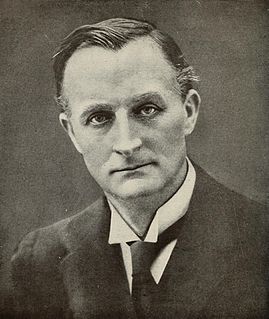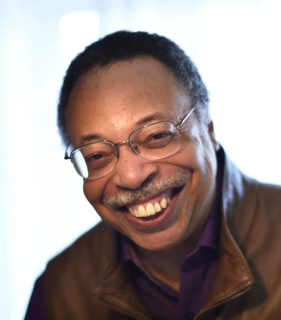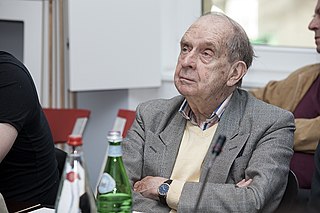A Quote by Mario Monti
I know this isn't a widespread view in the Anglo Saxon world, but I believe that much of the reconciliation between more centralized governance and the scope for democracy - democratic control - will be resolved through an even stronger role of the European Parliament.
Related Quotes
Some people think that English poetry begins with the Anglo-Saxons. I don't, because I can't accept that there is any continuity between the traditions of Anglo-Saxon poetry and those established in English poetry by the time of, say, Shakespeare. And anyway, Anglo-Saxon is a different language, which has to be learned.
The problem is, if at all, in the different view of the economy, of economic growth. Growth is too low, even for us. That needs to change: More investments, a stronger role by the European Central Bank. Otherwise, there are no tensions between Italy and Germany. But on this point, compromises must be reached and we will reach them.
I have these guilts about never having read Chaucer but I was talked out of learning Early Anglo-Saxon / Middle English by a friend who had to take it for her Ph.D. They told her to write an essay in Early Anglo-Saxon on any-subject-of-her-own-choosing. “Which is all very well,” she said bitterly, “but the only essay subject you can find enough Early Anglo-Saxon words for is ‘How to Slaughter a Thousand Men in a Mead Hall’.
India's democracy where over 1 billion people have a voice in deciding their future is a world example of how governance can incorporate diversity into a movement for inclusive growth. New modes of democratic engagement, especially through using e-governance are allowing greater access to fundamental rights for all our people.
The early 20th Century was probably the high tide of global white supremacy - I'm going to call it that because that's how people thought of it - and to be specific, Anglo-Saxon supremacy: The idea that white Anglo-Saxon Protestants were at the top of the world, representing the highest achievement possible for all of humanity, with Darwin's theories being used to prop up this belief.
The Treaty of Lisbon gave the European parliament a stronger role as co-legislator and the European Council its own president. Furthermore, the treaty introduced checks on subsidiarity - the concept that decisions should be taken as close as possible to the citizens - in an effort to cut back on unnecessary rules and regulations.
In many European countries we have populist indirect democratic systems. The people elect, in a proportionate manner, a parliament. The parliament with all its parties is representative of the political opinions among the citizens. It is reasonable to claim that the people rule itself through the political institutions.
My view is that those challenges will be easier to meet, those risks will be less if we vote to leave because we will have control of the economic levers; we will have control over money we send to the European Union. We will have control over our own laws, and as a result, we will be able to deal with whatever the world throws at us.
For the institutions of the European Union are at present incomplete. A European Senate is badly needed to complete them. By creating an upper chamber in the European parliament, a new bridge could be built between national political classes, which retain democratic legitimacy, and the decision-making process in Brussels. Such a Senate should be recruited by indirect election from exisiting national parliaments.
The New World Order is a more palatable name for the Anglo American world empire. It's the planetary domination of London, New York, Washington over the rest of the world. It's hard to get people to join that or think they have a part in it if you called it the Anglo American world empire. If you call it the New World Order, then people in India or some place like that or the European Union might think, "Well, there's something there for us too." But that's not what it is; it's the Anglo American New World Order.




































